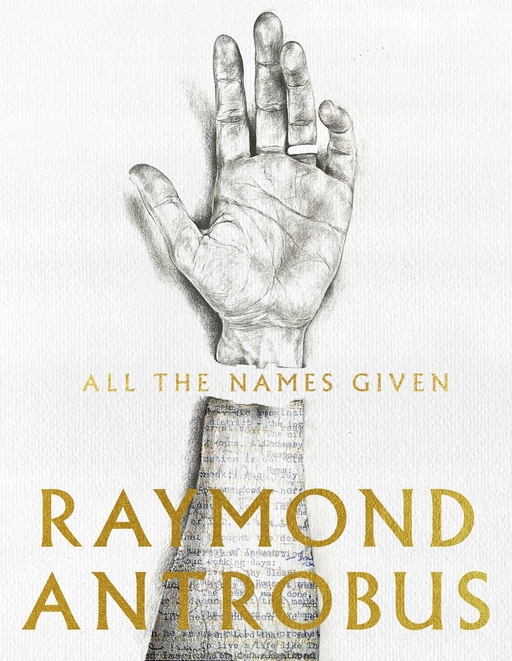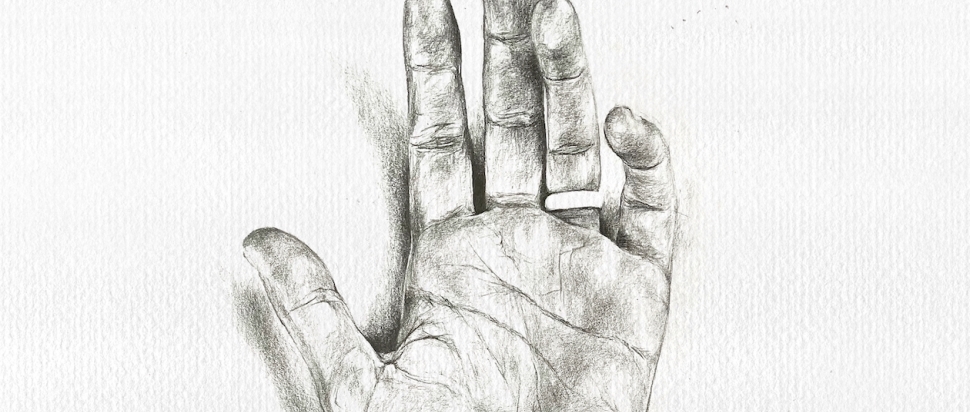All the Names Given by Raymond Antrobus
Raymond Antrobus' new collection is a meditation on communication: not only on what is communicated, but also how
All the Names Given is a meditation on communication: not only on what is communicated, but also how. Whether using his text as spoken word, gesture, or image, Antrobus blends these lines of communication into a seamless flow of poetry, investigating racial and cultural identities, familial relationships, and the spaces of silence among language.
Identity, in all its complexities, is explored in this collection, with silence itself becoming a pillar in that construction. That silence is investigated by the [Caption Poems], which are spaced throughout the collection and give a textual voice to the moments between poems. Formally inventive, these pieces bring to the fore precise silences which so often fall between the gaps of reader recognition.
The layers of communication are particularly poignant in Plantation Paint. Antrobus uses his text to quote speech from Tabitha, who uses that speech to communicate information on the 1860 painting Plantation Burial by John Antrobus. ‘…the paint / depicting the black / of these men / huddled for burial / will decay before / the cypress trees’. Through these layers, the reader is brought to an abrupt understanding of the racial prejudices that are woven into the very fabric of the image. So much of All the Names Given is this unwrapping of necessary communications: it is a gift of realisations for the reader to explore and come back to again and again.

